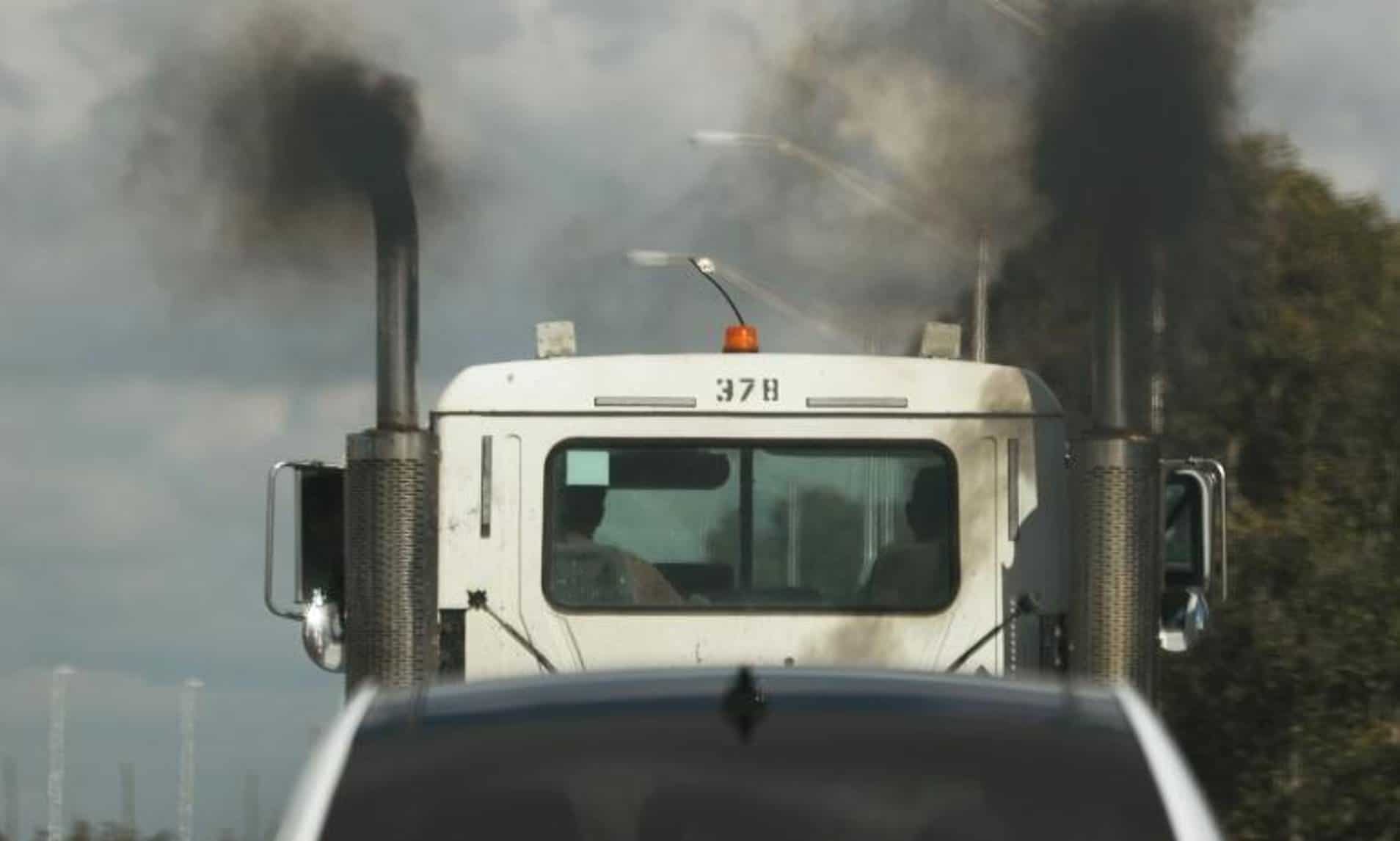Service stations in Algeria finally stopped providing leaded petrol in July and hence the use of it came to an end globally in that way. This has come following a two-decade-long campaign by the UNEP-led global Partnership for Clean Fuels and Vehicles (PCFV).
The UN Environment Programme announced that currently, no country in the world is using leaded petrol, which is a big milestone.

This toxic fuel has been responsible for polluting air, soil and water for almost a century. It can lead to heart disease, cancer and stroke and also brain development in children.
Most high-income countries had already banned the use of leaded petrol by the 1980s however the last country to stop its use was Algeria which ran out of it finally in July this year, reported BBC.
UN Secretary-General António Guterres called this phenomenon an “international success story”.
He said, “Ending the use of leaded petrol will prevent more than one million premature deaths each year from heart disease, strokes and cancer, and it will protect children whose IQs are damaged by exposure to lead.”
Lead was first added to petrol in the early 1920s to improve the capacity of the engine. Caution was raised in 1924 itself as five workers died and dozens were hospitalized after suffering convulsions at a refinery run by the US oil giant Standard Oil.

In spite of the alarm, the lead continued to be added to petroleum till the 1970s. High-income countries stopped their use in a phased manner. By 2000 around 86 countries were still using leaded petroleum. By 2016, however, North Korea, Myanmar and Afghanistan stopped selling leaded petrol and only a few countries such as Iraq, Yemen and Algeria were left using the toxic fuel.
Rob de Jong, head, Sustainable Mobility Unit, Economy Division at UNEP and spearheading the PCFV told Down To Earth magazine,
“What contributed to this success is the setting of clear objectives agreed by all partners representing major target groups, adoption of a voluntary approach and early attention given to high-level political commitment such as the Dakar Declaration for sub-Saharan Africa. Simultaneously, we have also supported activities in countries, regional harmonisation and global multi-level processes.”

Moreover, Inger Andersen, Executive Director of UNEP commented, “The successful enforcement of the ban on leaded petrol is a huge milestone for global health and our environment.
Overcoming a century of deaths and illnesses that affected hundreds of millions and degraded the environment worldwide, we are invigorated to change humanity’s trajectory for the better through an accelerated transition to clean vehicles and electric mobility.”
Even if it is a milestone achievement, it is important to note that the increasing number of vehicles and the transport sector is still contributing to polluting the air, water and soil and ultimately to the global climate crisis. The transport sector is individually responsible for nearly a quarter of global greenhouse gas emissions and is expected to grow to one third by 2050, highlighted the Press Release of the UN Environment Programme.

Ms Andersen said, “That an UN-backed alliance of governments, businesses and civil society was able to successfully rid the world of this toxic fuel is testament to the power of multilateralism to move the world towards sustainability and a cleaner, greener future.
We urge these same stakeholders to take inspiration from this enormous achievement to ensure that now that we have cleaner fuels, we also adopt cleaner vehicles standards globally – the combination of cleaner fuels and vehicles can reduce emissions by more than 80%.”
Also Read: BSCA in Australia hails landmark win ordering EPA to take action on the climate crisis












![Top Rated Miter Saw Stands in 2021: Review & Best Deals [Expert’s Choice] Top Rated Miter Saw Stands in 2021](https://thesecondangle.com/wp-content/uploads/2021/08/Top-Rated-Miter-Saw-Stands-in-2021-75x75.jpg)